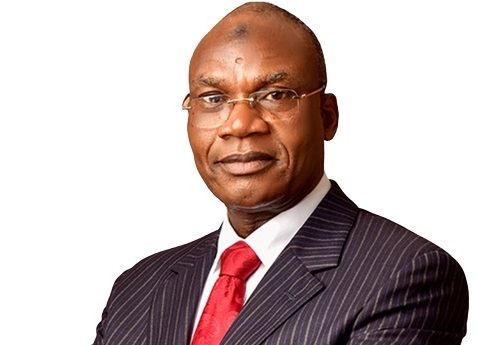
Stakeholders protested the new minimum admission age pegged at 18 years.
Immediately, Prof. Mamman made the announcement, the stakeholders who turned out their members from across tertiary institutions in the country, voiced their resistance which turned the session into a rowdy one.
The minister who was unable to proceed with his address as a result of the uproar, had asked “Are we together?”
However, the stakeholders had responded with a resounding “No!”
The minister who seemed unperturbed with the development, continued with his address as he tried to give reasons for pegging the new admission benchmark at 18.
It took the intervention of the Registrar of JAMB, Prof. Is-haq Oloyede, to restore order to the policy meeting.
However, after consultations with other stakeholders, Oloyede said, “At the time they (candidates) were taking the examinations, they were not aware. So if we want to enforce it then it should be for subsequent years.”
The minister, however, noted that the ban would be set aside for 2024 admissions.
“Information has revealed that the enrolment of underage candidates is inflicting serious damage on the university and the education system, hence, the need for enforcement of extant rules.
“When I was monitoring the just concluded 2024 UTME, I was alarmed at the participation of a large number of obviously under-age candidates in the examination.
“This necessitated my comment on the need to enforce the extant provisions of the educational policies which made provision for nine years of basic education and three years of Senior Secondary Education before entry into tertiary institution.
“It is clear that a child who, as expected is enrolled in basic school at the age of six and having undergone 12 years of education would be around 18 years old when being enrolled in a tertiary institution.
“Flowing from this, JAMB is hereby instructed to admit only eligible students’ i.e those who have attained 18 years.
“Universities are advised to avoid recommending unqualified children for admission,” he added





